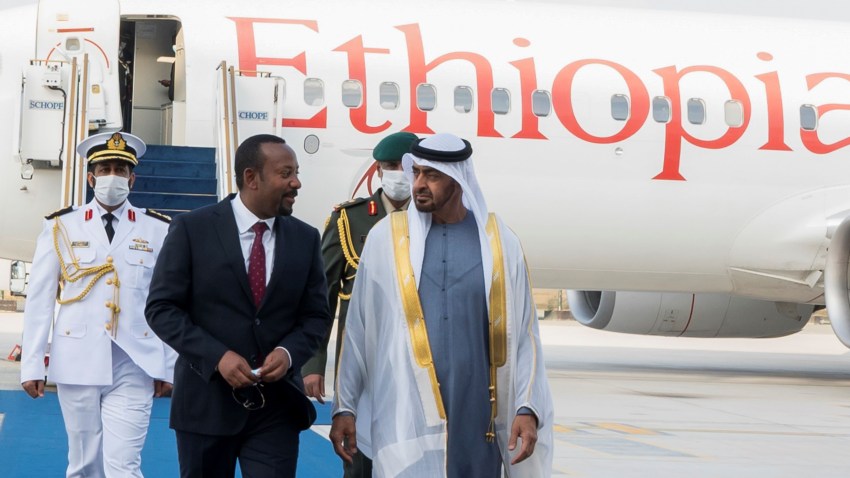East Africa has long been a region of great geopolitical importance and, as a result, the object of fierce competition. It borders the Red Sea, a vital corridor for global trade, as highlighted by the recent U.S.-led response to counter Houthi attacks on commercial shipping. It is rich in resources, including minerals, livestock, agricultural land, oil and natural gas. And the Horn of Africa has historically served as a bridge between the African continent and the Arabian Peninsula, in terms of trade and cultural linkages.
That importance has not diminished in the 21st century, as geopolitical competition ramps up in an increasingly multipolar world. But while other Middle Eastern and global powers have built ties with East Africa to varying degrees, the United Arab Emirates stands out as a leading actor. Recent developments, including Sudan’s brutal civil war and Ethiopia’s port access deal with Somaliland, have shone a spotlight on the UAE’s influential role in regional affairs.
The UAE’s focus in the region has gone beyond just resources, particularly gold mines in Sudan, to encompass ports, logistics and trade connections, in an effort to bolster commercial routes. Its initial foray into this arena began with an investment in Djibouti’s port in 2008 by state-owned DP World, which serves as a vital tool in the UAE’s geopolitical kit. This move was part of a broader strategy that included efforts to run Aden’s port in southern Yemen, a critical step in controlling trade routes extending from the Red Sea and the Gulf of Aden to the Indian Ocean.

